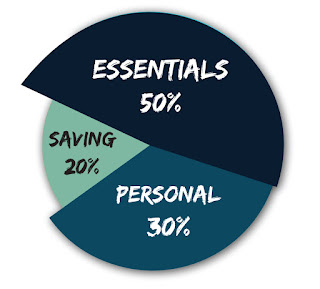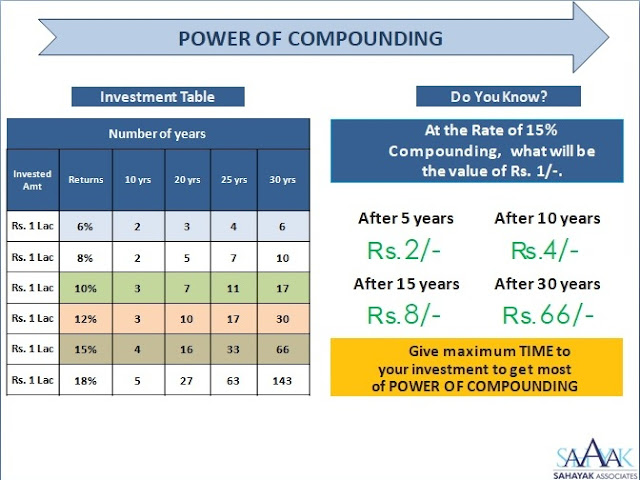I remember when I wanted to learn to drive a car, I thought I knew all about driving because I had seen my Dad and all my cousins driving since many years and we had a car in the family since I remembered. I took out our car parked in the porch, and tried to drive. I hit the gate and almost mowed down a couple of passerbys.
My Dad immediately ordered our driver, Nand lal, to teach me how to drive. He was uneducated, an uncouth fellow who had been with the family for a very long time and was always bullying us kids. But he was a master of his field; driving a car. Despite his shortcomings and my hatred of him, he was appointed my Guru or Advisor for driving lessons.
He took me through the paces. After some time in a ground, slowly introduced me to the road, then gradually onto the highway and the Hills thereafter. Reversing the Car properly and parking it took some time, but finally I was ready to hit the road without any major mishap. I still remember his driving tips and recollect his memory while changing a punctured tyre.
Sounds familiar, doesn’t it. The same is the case with investments and a financial Advisor or Guru.
For every field in our life, we need a specialist. Despite an abundance of information and DIY techniques available in the digital world today, a specialist or an advisor is needed, not for more information, but for his skill in interpretation of the information and for his understanding of the dynamics of the various permutations and combinations.
We want to make changes in our house, we engage an architect, an interior decorator, and a structural engineer. For legal matters, we go to a lawyer and for further specialization like tax etc, we approach a Tax specialist. For accounting matters, we need the advice of a Chartered Accountant. For medical purposes, we need a Doctor and for specific ailments, we need the specialists for each field.
You don’t go to a Dentist for a heart ailment, do you?
The Great Sachin Tendulkar had a Guru, Nadal & Federer even after winning close to 40 Grand Slams still need the services of a Coach, Amitabh Bachchan also needs a Director to tell him what to do in a movie. We all attend seminars and classes to keep ourselves updated despite the information available on the net.
For excellence in any field, we need a “Guru”. He tells us the best possible way to go about it, to adopt the right technique, make course corrections when required, to ensure that you don’t injure yourself, to optimize the available resources, to overcome the mandatory volatility and failures we will encounter on the way, for hand holding during difficult times and to help us achieve that little extra on our way to the goal post.
I fail to understand that, why is then, there even a discussion, regarding the need of a Financial Advisor?
Why do you assume that just because you have generated a surplus in your business or profession, you understand Money and finances completely? How does it make you an expert in Investment and its various options.
Wherever, we go, the first thing we are asked is, “Tell us something about the market” or tell me, “Which is a good stock or mutual fund to invest in?”
Our standard reply is, “Sorry, we are not here to offer you a Tip on a stock and frankly no one knows where the market will be in 1 or 2 years.”
It is impossible to predict the market.
Advising clients on the type or the specific mutual fund or stock to buy is just a minor part of a Financial advisors job. His role starts with understanding your current Financial Position, Framing your financial goals, deciding your risk profile, Finalising the Asset Allocation strategy, Deciding on a suitable Investment strategy, goal mapping of your investments and finally regular review and couse correction wherever required. Financial Advisor is the conduit between your financial goals and their achievement, someone who helps you reach the goal safely with the least amount of jerks and volatility.
Investment is not all about quantitative techniques and numbers. We are all human and we react to different situations differently. The most common biases in human behavior are the ones related to our money and investment habits . When it comes to money and investing, we're not always as rational as we think we are. Most economic theory is based on the belief that individuals behave in a rational manner and that all existing information is embedded in the investment process but human emotions influence investors in their decision-making process.
Most Common Biases, investors suffer from are :
One of the most harmful biases is the Mental Accounting Bias. An investing example of mental accounting is best illustrated by the hesitation to sell an investment that once had monstrous gains and now has a modest gain. We have reviewed several investor portfolios, who over time have made good money in the market due to compounding or good value buys at one time, but of late their portfolios have been underperforming most benchmarks, but still the investors are not even willing to consider any change.
Some years ago, my wife and me, started doing Yoga in the morning. We engaged the services of a Yoga Teacher to take us through the pace and ensure we were doing the required asanas in the right way. Based on our goal, the teacher made us do different asanas. After an year or so we could manage the asanas and the routine on our own. The teacher also got married and moved to another location. We decided to continue our yoga sessions nevertheless. However in the absence of a teacher, our attendance fell to below 25% and we soon stopped doing Yoga. The discipline which the teacher brought was taken over by inertia in the absence. That is precisely what also happens in most cases, in investment without a GURU.
A good advisor will make you invest regularly, hand hold you during volatility and coax you to review your investments and strategy periodically. We tell all our clients to spend at least one hour with us every six month, not only to review how the investments are performing, but also to review the goals if required, performance against financial goals and to take corrective action and do asset rebalancing based on requirements. This is important because our needs or goals are dynamic and not constant.
An advisor is like the google maps. Imagine you are stuck in a traffic jam and you take the easiest available route not knowing where you are headed. Google maps tells you all the possible routes, the possible blockages on the route and how much time you will take to get there by different routes, and different modes. It also warns you in case there is a possible blockage along the route at any time and suggests an alternate route to reach your destination in the least possible time.
Finally, The following questions should help you decide whether you need an advisor:
· Do you have a fair knowledge of various modes of investments and keep yourself regularly updated?
· Do you enjoy reading about investments and doing research?
· Do you have expertise in investments?
· Do you Make emotional decisions related to money and get influenced by the volatility in various asset classes.
· Do you have the time to monitor, evaluate them and make periodic changes to your portfolio based on your needs and financial goals?
The most common reason for going without an advisor or going direct is the difference in cost and the impact of that in the long run through compounding.
Numerous studies have shown that an investor generally gets an inferior return when he goes direct. This is mainly because his investment journey is shorter. With no one to guide or hand hold, he reacts to the market volatility and also tries to time the market thereby getting sub optimal returns. A good advisor will generate an alpha which is normally more than the cost of an advisor.
Vanguard Advisor Alpha concept in 2001clearly illustrates the difference an advisor can make to your portfolio.
Finally, I shall like to end with one famous couplet from the Saint Kabir
You will come all across all kinds of experts on the markets in your investment journey. Choose your advisor wisely. Choose a Guru who seeks your betterment even in bad times and during those times makes double the effort to realise the potential. Choose someone who offers a holistic solution to achieve your financial goals, rather than someone who is there to sell you a one time product for his own betterment.
Consult your Financial advisor, enjoy your investment journey and achieve your Financial Goals.
Happy Investing!
Stay Blessed Forever,
Sandeep Sahni











